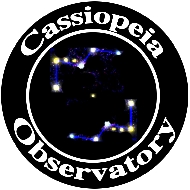Visitors,
Another Challenging Night Imaging Herschel 400 Galaxies
Posted: 17 June 2023
|
Open: Friday, 16 June 2023, 1821 MST Temperature: 87°F |
Session: 1891 Conditions: Clear, windy |
Equipment:
12" f/8 LX600 w/StarLock
2" 24mm UWA eyepiece
2" 4X Powermate
2" VPF1 filter
1.25" 15mm eyepiece
1.25" 5.5mm eyepiece
Atmospheric Dispersion Corrector
Camera:
iPhone 13 Pro Max
D850 DSLR
I delayed powering on the 12" telescope due to the wind. Relaxed on the observatory patio bench.
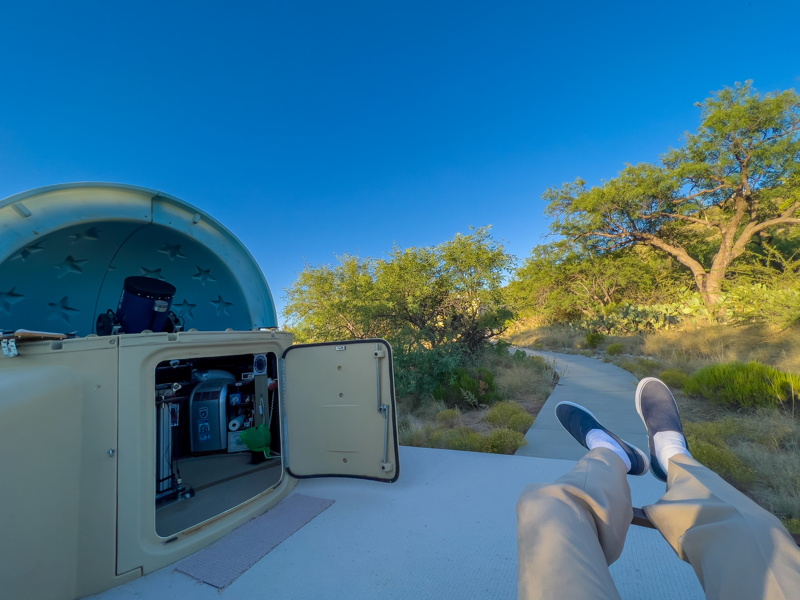
Two antelope squirrels came to visit.
Click to view video
1900 MST: LX600 ON, StarLock OFF, High Precision OFF.
Viewed Venus, 102X and 406X + one Variable Polarizing Filter (VPF1). Calm now.
Began attempts to view "Ashen Light" on Venus. I will continue the attempts into mid-July. To learn more about Ashen Light, read Dr. Barentine's book Mystery of the Ashen Light of Venus.
I also prepared the D850 DSLR for imaging. Took this photo of Venus, prime focus + 4X Powermate + VPF1, 1/400sec, ISO 1600.
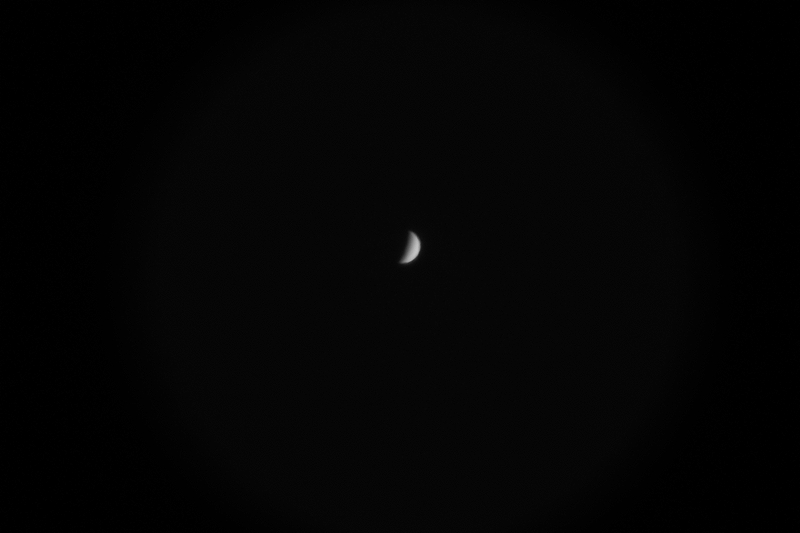
Did a 30 seconds video, 1080p, 60fps, 1/400sec, ISO 1600, at prime focus + 4X Powermate + VPF1. This is a stack of 1845 video frames.
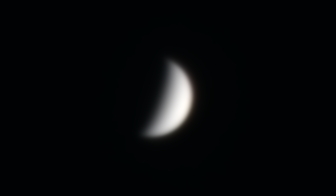
Using an Atmospheric Dispersion Corrector (ADC), I viewed Venus, 163X and 443X. Nice views, but no Ashen Light visible.
1937 MST: Sunset (time approximate due to clouds low along the western horizon). Breezes came up. Seeing at Venus not good.
1942 MST: Back to the bench, with several observations of Venus, 443X + ADC, mixed in every few minutes.
2018 MST: Made several attempts to terminate SuperKissingBug, but like Superman, he survived.
2030 MST: Back in the observatory. Last look at Venus, 443X + ADC.
Mounted the D850 DSLR at prime focus, focused on Spica, and locked the telescope mirror.
2041 MST: High Precision ON.
Slewed to NGC4371 (galaxy), my first Herschel 400 imaging target of the night.
2045 MST: StarLock ON.
This turned into another challenging imaging night due to poor seeing. Many times the StarLock could not find or stay locked onto a guide star. I had to increase the ISO to 6400 and decrease the exposure times for several images. I ended up taking 70 images for the following 14 Herschel 400 galaxies (exposure settings noted).
NGC4371 (141 seconds, ISO 3200)
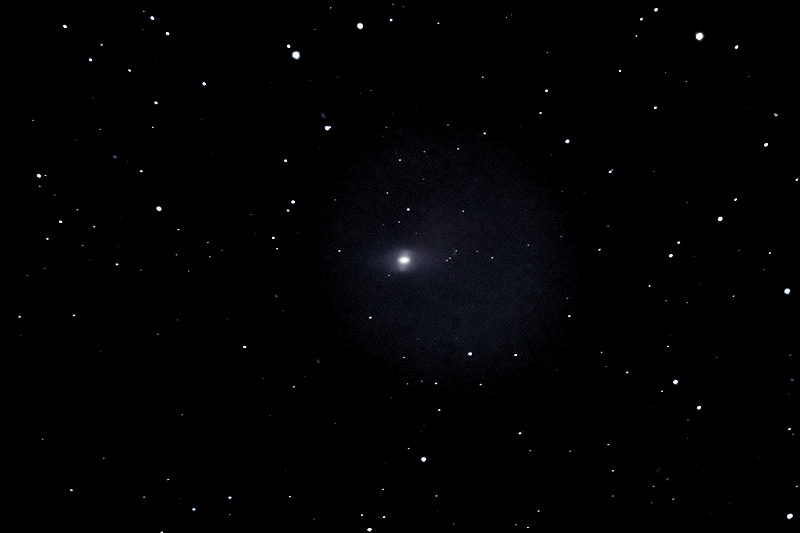
NGC4214 (and faint satellite) (2 minutes, ISO 6400)
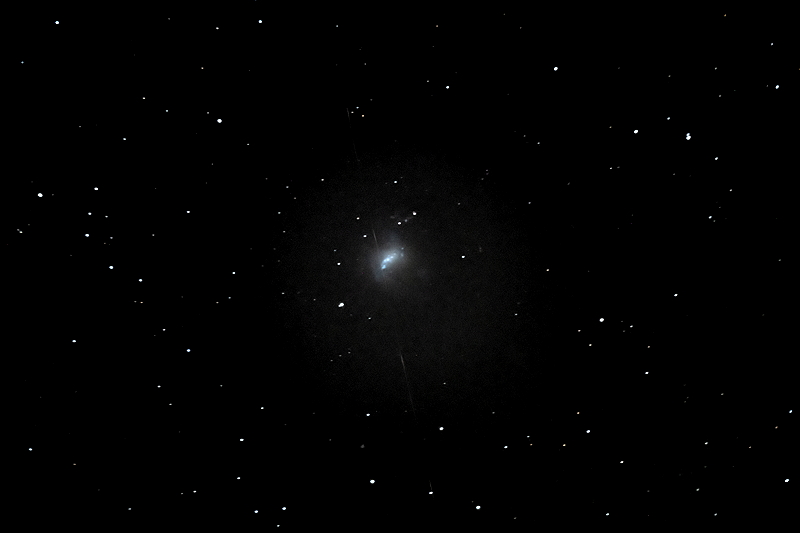
NGC4245 (30 seconds, ISO 6400)
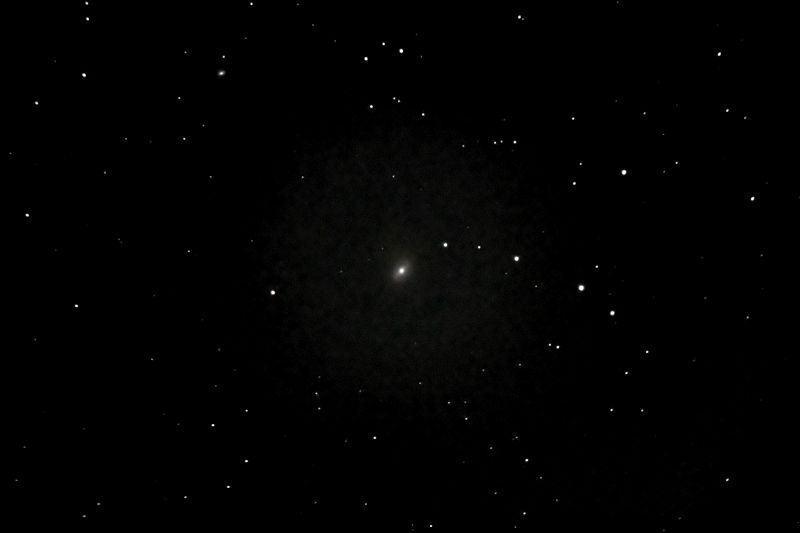
NGC4274 (30 seconds, ISO 6400)
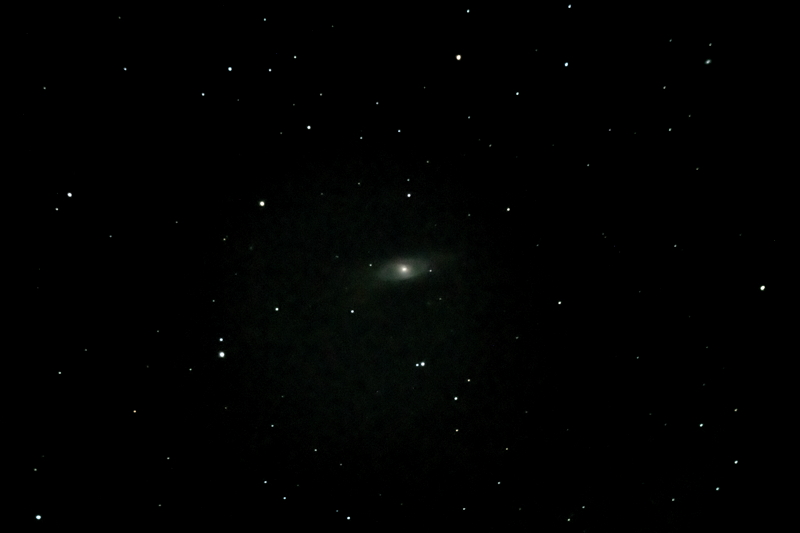
NGC4278 (30 seconds, ISO 6400)
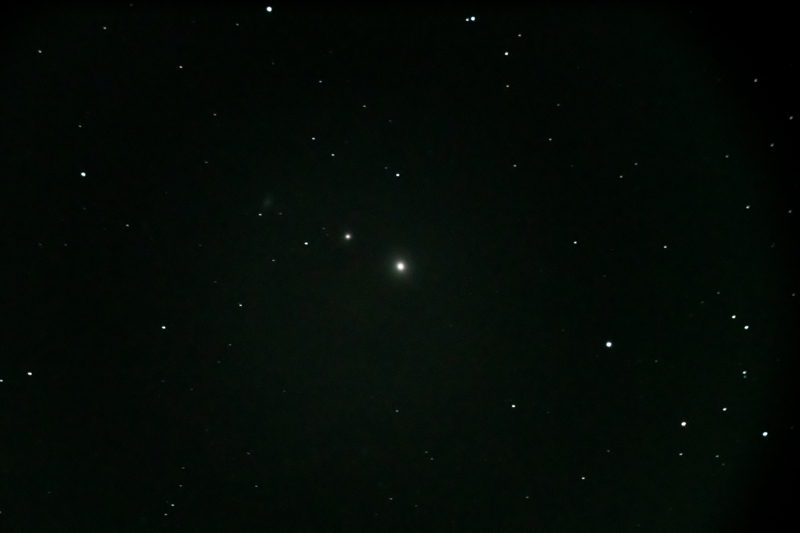
NGC4293 (20 seconds, ISO 6400)
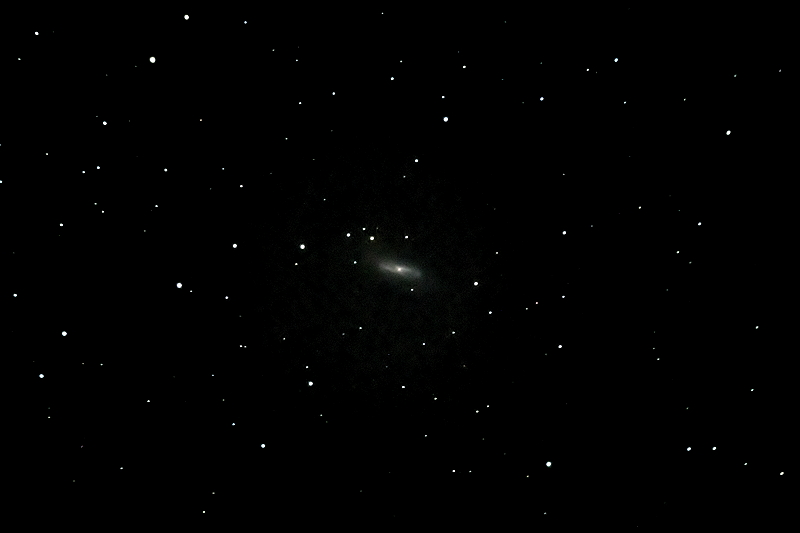
NGC4314 (20 seconds, ISO 6400)
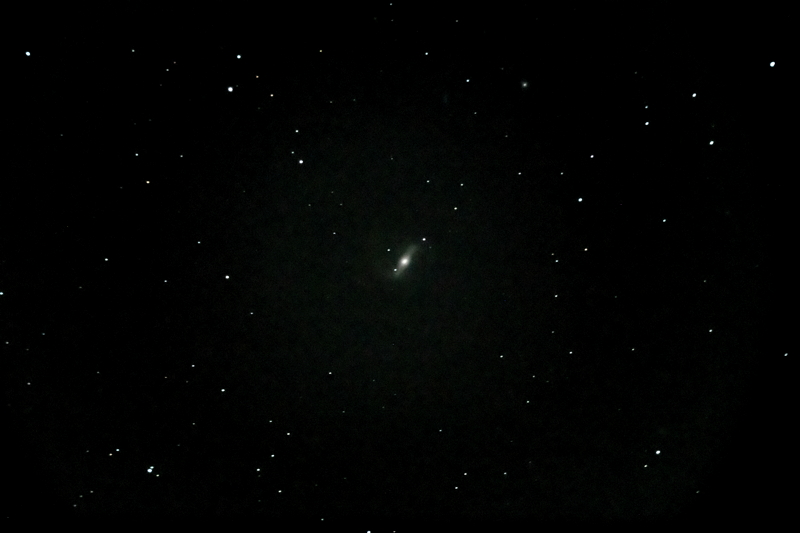
NGC4346 (5 minutes, ISO 3200)
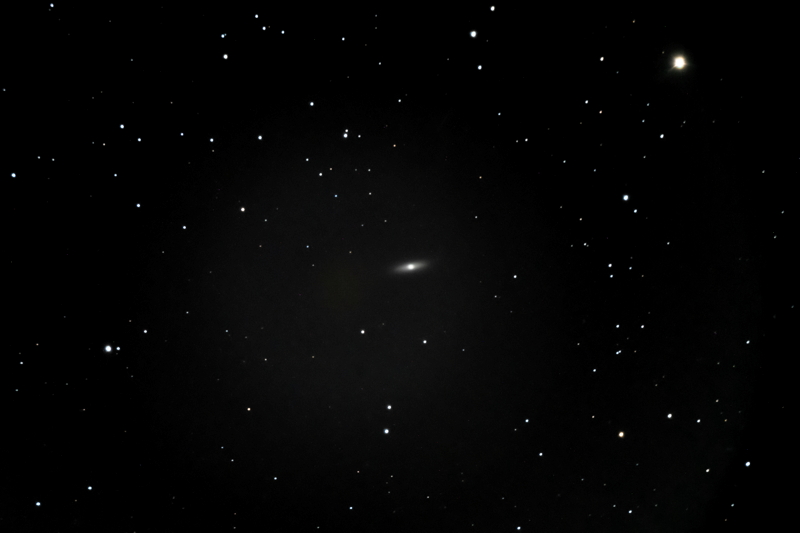
NGC4350 (2 minutes, ISO 6400)
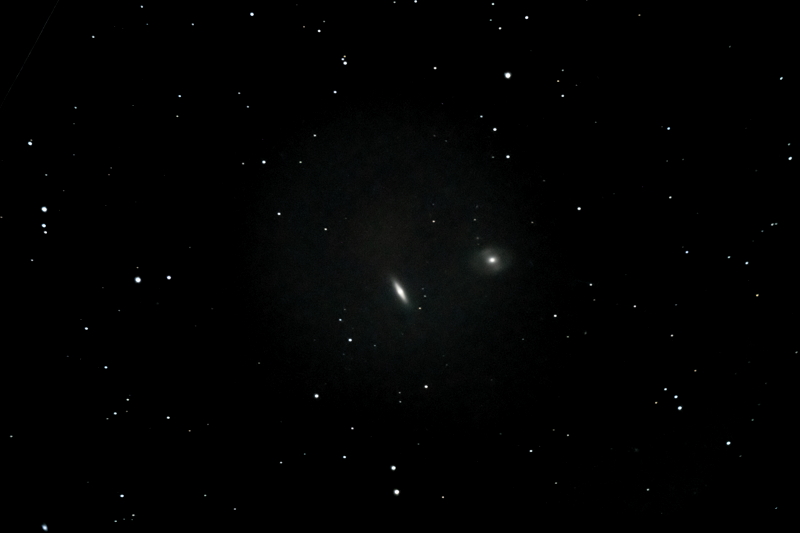
NGC4394 (2 minutes, ISO 6400)
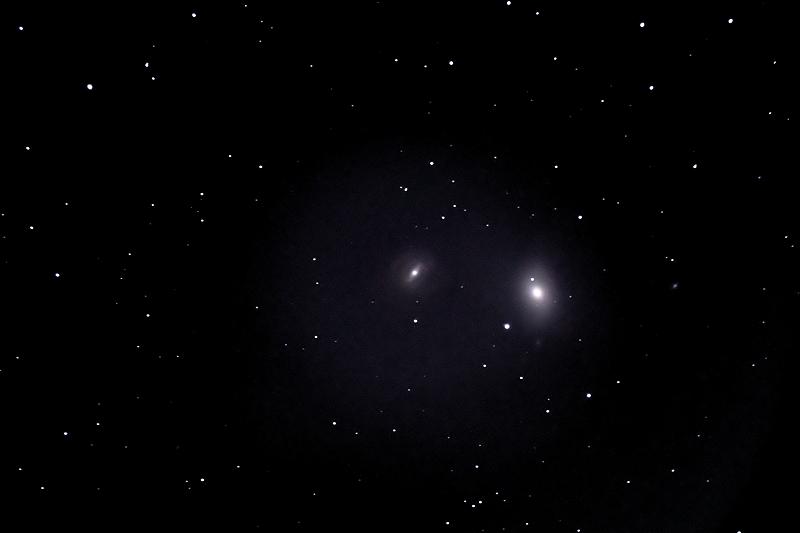
NGC4414 (2 minutes, ISO 6400)
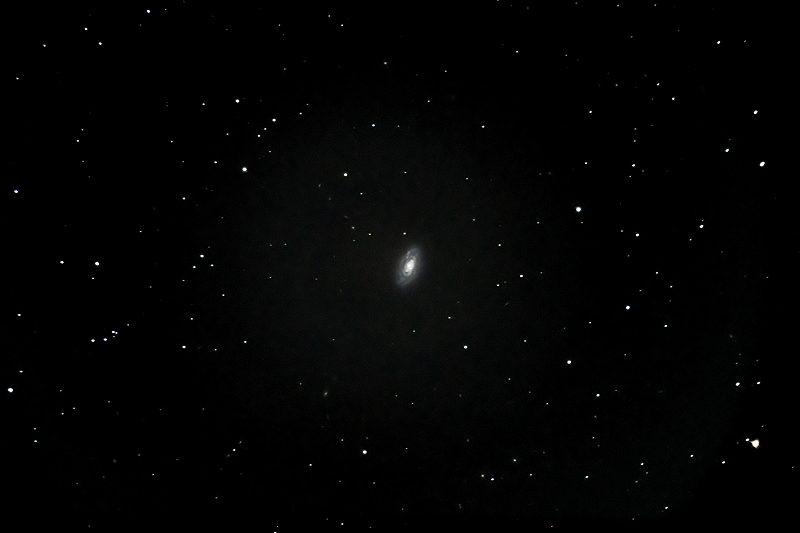
NGC4419 (2 minutes, ISO 6400)
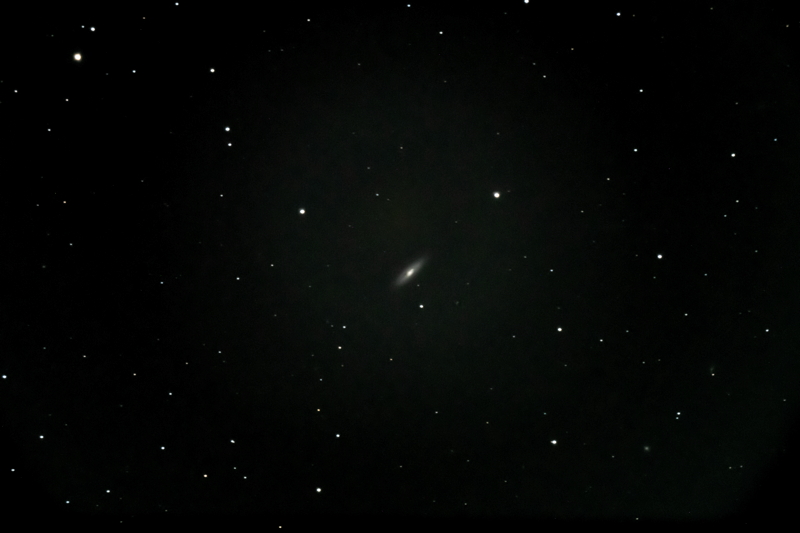
NGC4429 (2 minutes, ISO 6400)
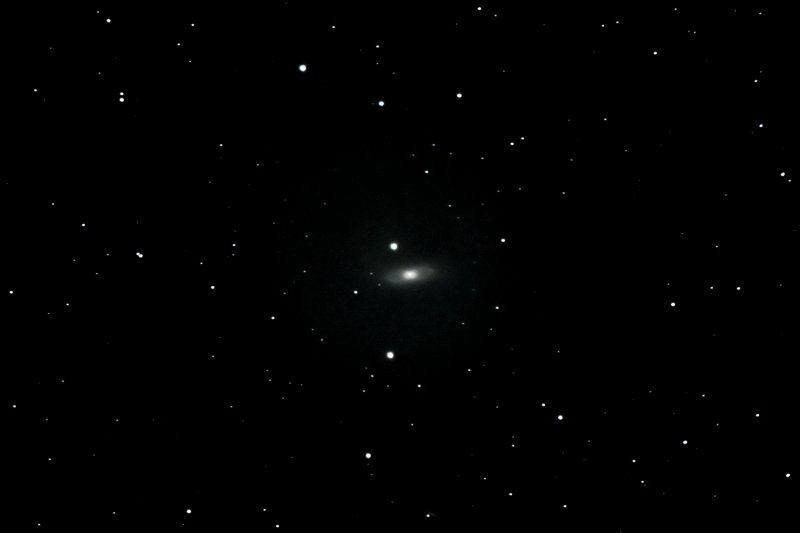
NGC4435 (above) & NGC4438 (below) (2 minutes, ISO 6400)
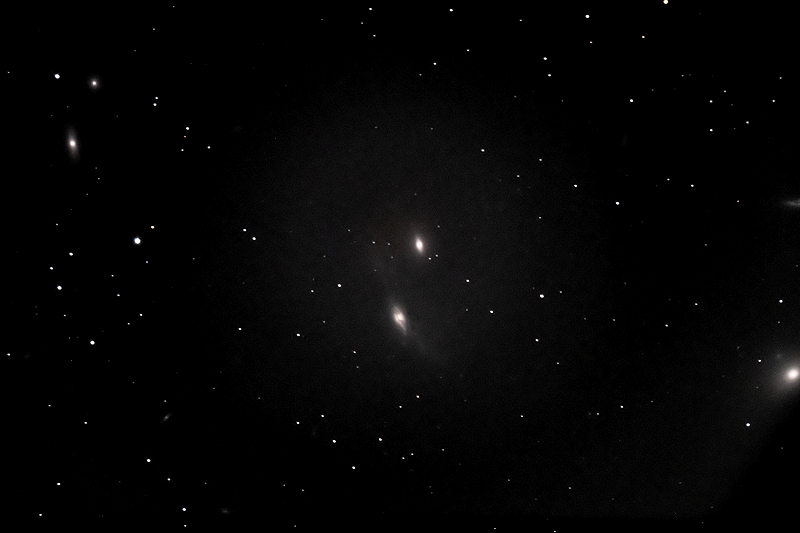
2259 MST: StarLock OFF.
I then did some more Herschel 400 galaxies observing, 102X: NGC4442, NGC4448, NGC4449, NGC4450, NGC4459, NGC4473, NGC4477, NGC4478, NGC4485, NGC4490, and NGC4494.
2333 MST: LX600 OFF.
2343 MST: Took a Sky Quality reading and reported the result to Globe at Night.
|
Close: Friday, 16 June 2023, 2348 MST Temperature: 68°F |
Session Length: 5h 27m Conditions: Clear, SQM 20.99 |
Comments are welcome using Email. Twitter users can use the button below to tweet this report to their followers. Thanks.
Cassiopeia Observatory Home Page
Copyright ©2023 Michael L. Weasner / mweasner@mac.com. Email Etiquette.
URL = http://www.weasner.com/co/Reports/2023/06/17/index.html
